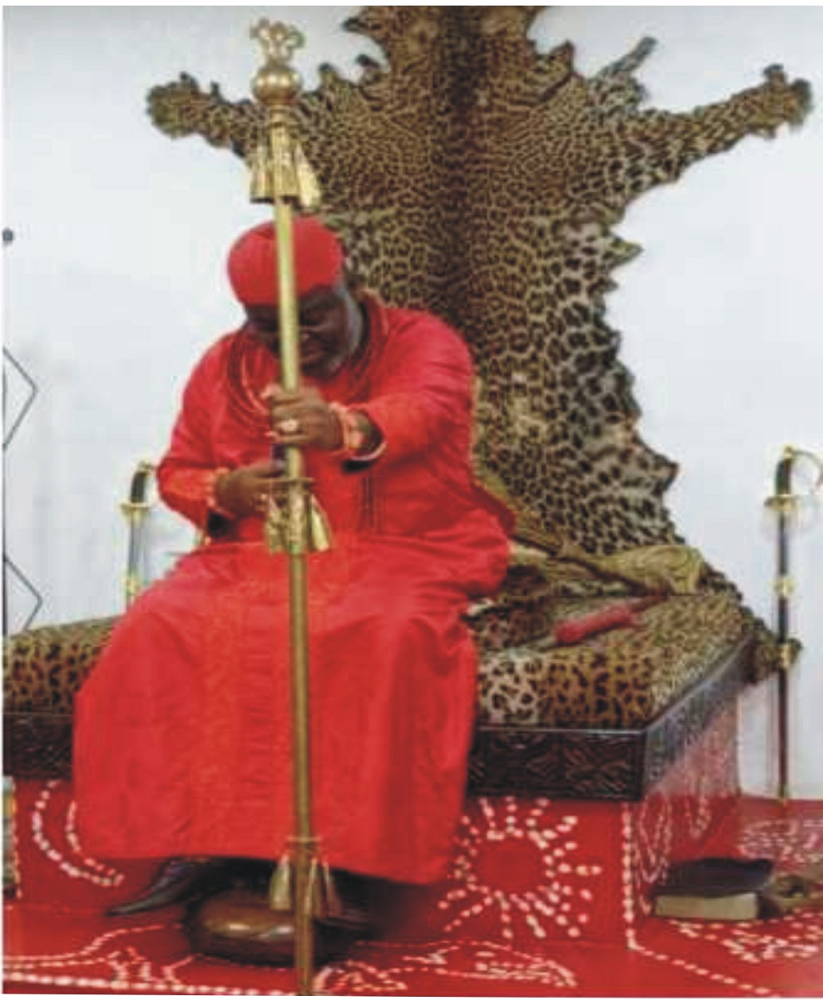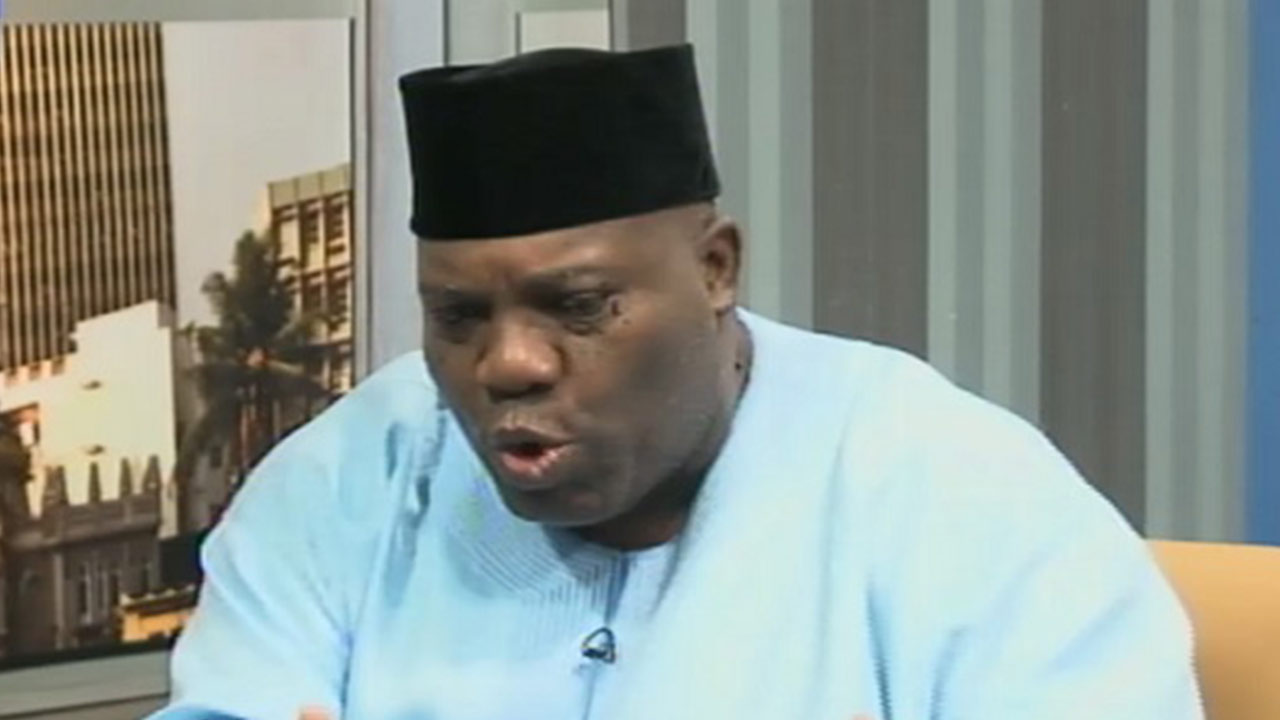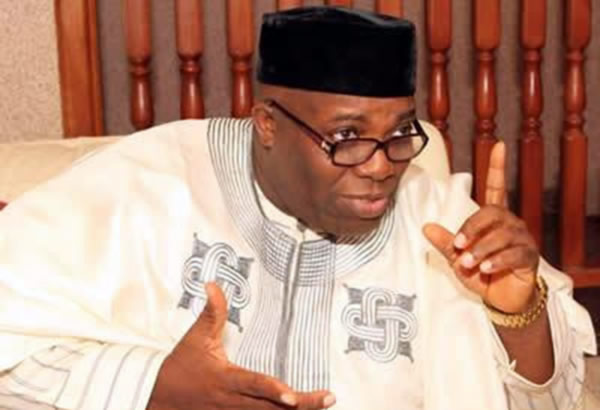The President of the Institute of Alternative Dispute Resolution Development and Conflict Management of Nigeria, Prof. Akin Ibidapo-Obe, has called for a revival of Africa’s traditional dispute resolution methods to address the continent’s growing conflict management needs.
Speaking at the inauguration of i-ADRNigeria in Victoria Island, Lagos, Ibidapo-Obe emphasised that informal resolution methods, deeply rooted in African societies, remained critical to conflict resolution in today’s world.
“African societies created effective informal dispute resolution mechanisms through their traditional institutions.
“These systems need to be revived and modernised to expand the scope of ADR and conflict management,” he said.
The newly established institute, he explained, was positioned to address disputes arising from commercial, industrial, corporate, and community interactions.
However, he, lamented the lack of emphasis on ADR in Nigeria’s educational system, with fewer than 10 per cent of universities offering mandatory courses in the field.
“This gap is why institutions like i-ADRNigeria are essential.
“We must mainstream these vital disciplines to meet the demands of modern conflict resolution,” he added.
The event’s chairman, Mr Olatunde Busari (SAN), in his remarks, urged inductees and council members to prioritise integrity and impartiality.
He highlighted the critical role of ethics in maintaining the credibility of arbitration and alternative dispute resolution.
“As arbitrators, we must remain neutral and free from bias at all times.
“The trust placed in us requires truthfulness, even when it is inconvenient. Always disclose potential conflicts of interest, and if necessary, step aside to protect the integrity of the process,” he said.
Sharing his experience, Busari recounted a case where he ruled against a multinational corporation as an arbitrator.
“Speaking the truth can be tough, but it is non-negotiable.
“As arbitrators, we must uphold justice and fairness, no matter the circumstances,” he said.
Busari called on the institute to adopt global standards, develop a professional code of conduct, and create a template for best practices to guide its members.
Meanwhile, the Registrar and Chief Executive Officer of i-ADRNigeria, Mrs Chinyere Onuorah, outlined the institute’s mission to lead the development of ADR in Nigeria.
“We are committed to continuous learning, professionalism, and collaboration with local and international partners.
“Our vision is to position i-ADRNigeria as a hub for innovation, research, and policy development in alternative dispute resolution,” she said.
Onuorah added that the institute would focus on building relationships with stakeholders across sectors to foster excellence and ensure ADR methods are widely adopted and respected.
Prof. Hakeem Olaniyan of the University of Lagos noted the growing importance of ADR as a less contentious and more cost-effective alternative to litigation.
“Civil disputes are better resolved through ADR methods, which reduce rancour and foster amicable settlements.
“The time and expense associated with litigation, coupled with the challenges of enforcing judgments, make ADR a vital tool for justice delivery.”
He also noted the increasing recognition of ADR as both a substitute and complement to litigation, particularly for addressing issues that traditional court systems may struggle to resolve efficiently.
The event also featured the accreditation of prominent individuals, including retired Justice Sherifat Sholebo, a traditional ruler, serving judges, and academics.
The institute’s leadership expressed confidence in its ability to shape the future of ADR in Nigeria by building capacity and setting high standards.

 10 hours ago
4
10 hours ago
4













